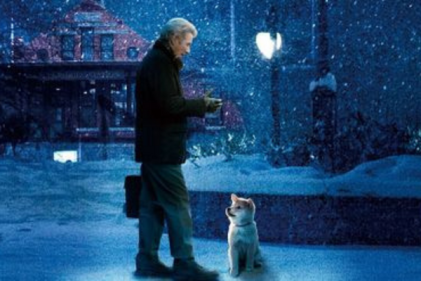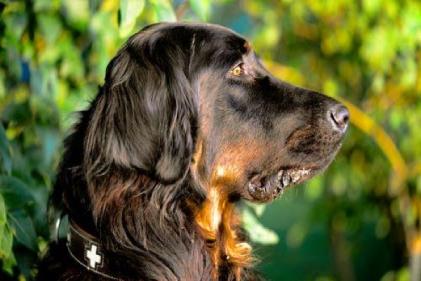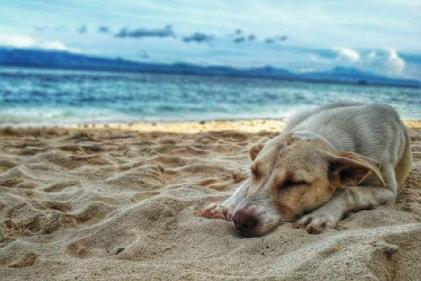 There are many common foods, plants and weeds that can be toxic to your pet rabbit.
There are many common foods, plants and weeds that can be toxic to your pet rabbit.
Here are some of the most common causes of rabbit poisoning.
1. Human medications
You must never give medications meant for humans to your rabbit, unless you are specifically instructed by your rabbit’s vet. Never leave your medications in a place where curious rabbits can get to them to nibble on. We all know how bunnies can hop up onto impossible places, unexpectedly. Most human medications are very toxic for a bunny.
2. Insecticides
Insecticide poisoning is much more common than you might think. Almost all bug killers will also kill your rabbit, some in very small doses. Insecticides are intentionally formulated to last a very long time, so their residue can remain for many months. Never use or store insecticides around your rabbit’s abode or play areas.
3. People food
Chocolate contains theobromine, which is toxic to rabbits. Humans have an enzyme that breaks down this toxic substance, but rabbits don’t. Too much chocolate will cause a high heart rate and seizures for your bunny. Another common toxic food is xylitol (the sugar substitute). Xylitol can cause seizures and liver failure in your pet. one very common human food that can be fatal for your rabbit is chewing gum. If they ingest gum, it can create an obstruction that will not digest. Should you discover that your rabbit has eaten any of these things, it is cause for an emergency visit to his vet.
4. Household products
Most household detergents and cleaning products can be toxic for your bunny. Never use anything but a diluted vinegar and water solution to clean their abode areas and litter box. If you must use another type of cleaner, try and find an organic cleaner or rinse very thoroughly to remove all traces of it before allowing your rabbit into that spot.
5. Veterinary medications
Another common toxicity problem is when rabbits receive the wrong amount or wrong medication that was prescribed by his vet. Be certain to go over dosage amounts and times with your vet before you leave his office. If in doubt, call him and clarify it before giving it to him. Medication dosages for rabbits are precisely measured according to their weight. It is very easy to give him too much, if you are not careful. Never skip dosages and never substitute medication from other pets.
6. Rat & mice poisons
You must be extremely careful when putting out poisonous bait for rodents, if at all. You can never let your rabbit become exposed to these deadly products. Most baits are grain based, which can be enticing for a rabbit. Just a few nibbles can result in a slow and painful death for your bunny. Best to not employ these types of rodenticides on your property if you have rabbits.
7. Plants
Most house plants are poisonous to bunnies. Rabbits have lost the ability to distinguish between good and bad foods since becoming domesticated, so rabbits will often ingest parts of a house plant if they can get to it. You should also be careful that plants do not drop or shed leaves and flowers into your rabbit’s area. When allowing your rabbit his supervised play time in the garden, you must be very careful to not allow him to ingest toxic plants that may be present there, as well.
8. Lawn and garden products
When letting your rabbits run and play on the grass, you must insure that no fertilisers or herbacides have recently been applied. Many public parks now regularly treat their grass with strong long-lasting herbacides to reduce weeds in their grass. These chemicals have been shown to be very bad for pets who eat and play on this grass.
9. Car products
Poisonous anti-freeze and car chemicals should never be present in the areas that your rabbit lives, but that does not mean that there are not bunnies who are poisoned by these substances every year. Keep them away from curious bunnies to avoid any chance of accidental poisoning.
If you have any reason to suspect your pet has ingested something toxic, contact your vet immediately.
Image via Pinterest.



